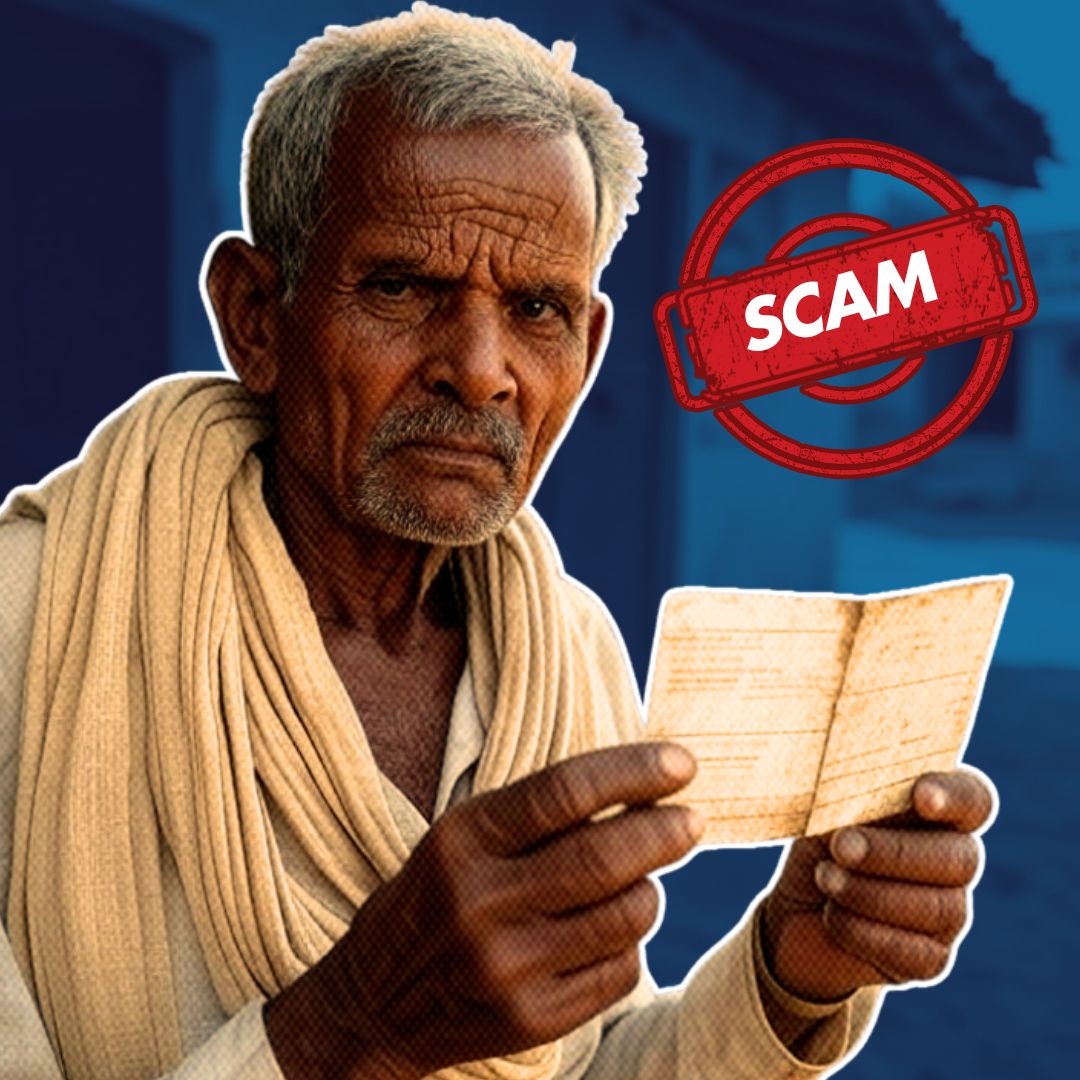A shocking alleged ration scam has come to light at a public distribution centre in Akouna Gram Panchayat, Satna district, Madhya Pradesh, where foodgrain meant for the poor was allegedly withdrawn for seven years in the name of Balwant Singh, a man who allegedly died in a road accident in 2017.
Meanwhile, Shankar, a 62-year-old tribal resident who was allegedly declared dead on government records since 2017, has been denied subsidised foodgrains for eight years despite being alive and allegedly struggling to survive. Despite repeated complaints and official assurances, Shankar’s ration entitlement remains blocked.
Local officials have acknowledged the alleged scam and promised an investigation and corrective measures, but no concrete action has yet been reported.
A Tale of Two Lives: Alleged Fraud and Neglect in the Public Distribution System
The alleged scam exposes glaring flaws in the administration of the National Food Security Act (NFSA) benefits through the public distribution system (PDS) in Madhya Pradesh. Under the NFSA, eligible households below a certain income threshold receive 2 kg wheat and 3 kg rice per member free of cost monthly. In this case, Balwant Singh’s family, comprising eight members registered under his Samagra ID, allegedly continued to withdraw foodgrain using biometric authentication even years after his alleged death.
The latest recorded withdrawal was on 13 May 2025 by Pradeep Singh, a relative. On the other hand, Shankar, a tribal man from the same village, was allegedly declared dead on the Samagra Portal in 2017, effectively erasing his identity from the system. This error has allegedly denied him access to essential foodgrain for nearly a decade.
Despite the intervention of Akouna Sarpanch Shraddha Singh, who raised the issue with district authorities and filed grievances on the Centralised Public Grievance Redress and Monitoring System (CPGRAMS), Shankar allegedly continues to face bureaucratic hurdles in reclaiming his rightful benefits.
“He has been approaching various officials for years, but the problem remains unresolved,” said Sarpanch Singh, highlighting the human cost of alleged administrative negligence.
Officials Acknowledge the Alleged Scam, Promise Action Amidst Growing Concern
Local authorities have confirmed the alleged irregularities but have yet to take decisive action. Shivkumar Gautam, the salesman at the government ration centre, admitted that foodgrain was allegedly withdrawn in Balwant Singh’s name by his family members using the Samagra ID.
District Supply Officer Samyak Jain, upon learning about the case, expressed concern and assured, “If what you are saying is true, both cases are serious. Action will be taken against the culprits after investigation. It will be ensured that eligible people get the benefits and the ration of ineligible people is stopped.”
Despite these assurances, Shankar’s alleged plight remains unchanged, and no public update on the investigation or corrective measures has been issued. This incident is part of a worrying trend in Madhya Pradesh, where multiple alleged scams involving ration distribution and paddy procurement have been reported recently, exposing systemic loopholes in welfare delivery and digital record-keeping.
The Logical Indian’s Perspective
This troubling case underscores the urgent need for transparent, accountable governance in welfare schemes. When a deceased individual allegedly continues to receive benefits while a living, vulnerable citizen is allegedly denied basic food security, it reflects a failure not just of administration but of empathy and justice.
The Logical Indian urges authorities to prioritise the dignity and rights of beneficiaries, implement robust verification mechanisms, and ensure timely grievance redressal to prevent such alleged injustices. Welfare schemes should be a lifeline, not a labyrinth of red tape and alleged corruption.
How can communities, civil society, and government work together to rebuild trust in public distribution systems and ensure that no one is left hungry due to alleged bureaucratic errors?











